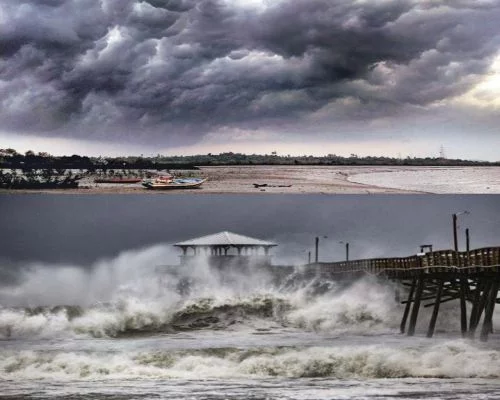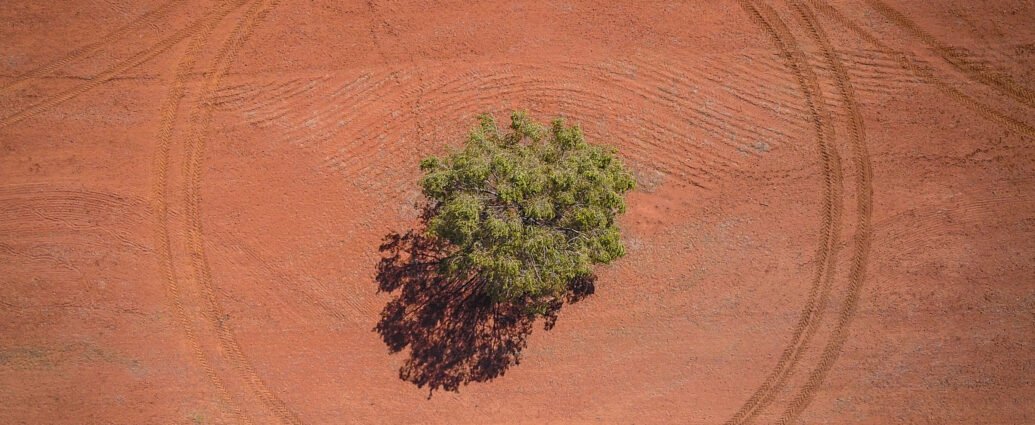Temperatures are ascending to extraordinary heights across the globe, surpassing long-standing records and venturing into uncharted territories.

The current weather conditions in the northern hemisphere have brought about an amalgamation of unrelenting heat waves, wherein the resurgence of El Niño seamlessly merges with the escalating temperatures attributed to climate change.
Experienced climate experts are observing with growing dismay as their long-standing predictions manifest into an irrefutable and distressing reality.
“We knew by the mid-1990s that lurking in the tails of our climate model projections were monsters,” wrote Bill Hare, physicist and climate scientist and chief executive of Climate Analytics, in an opinion piece for The Guardian that compiles the thoughts of a number of experts on the subject. “Monstrous heatwaves, catastrophic extreme rainfall and floods, subcontinental-scale wildfires, rapid ice sheet collapse raising sea level meters within a century.”

“But as today’s monstrous, deadly heatwaves overtake large parts of Asia, Europe, and North America with temperatures the likes of which we have never experienced,” he added, “we find even 1.2 [degrees Celsius] of global warming isn’t safe.”
Matthew England, a distinguished professor at the prestigious University of New South Wales, contemplates whether 2023 will elegantly dispel any lingering skepticism surrounding the urgent climate change crisis.

This pivotal time may witness a cascade of financially burdensome phenomena that will unequivocally reaffirm the gravity and immediacy of our global predicament. Other experts lamented that their repeated warnings over the decades have largely fallen on deaf ears.
Now more than ever, it is abundantly clear that immediate action is imperative.
Reference- The Guardian, Vox, National Geographic, The Verge, BBC






